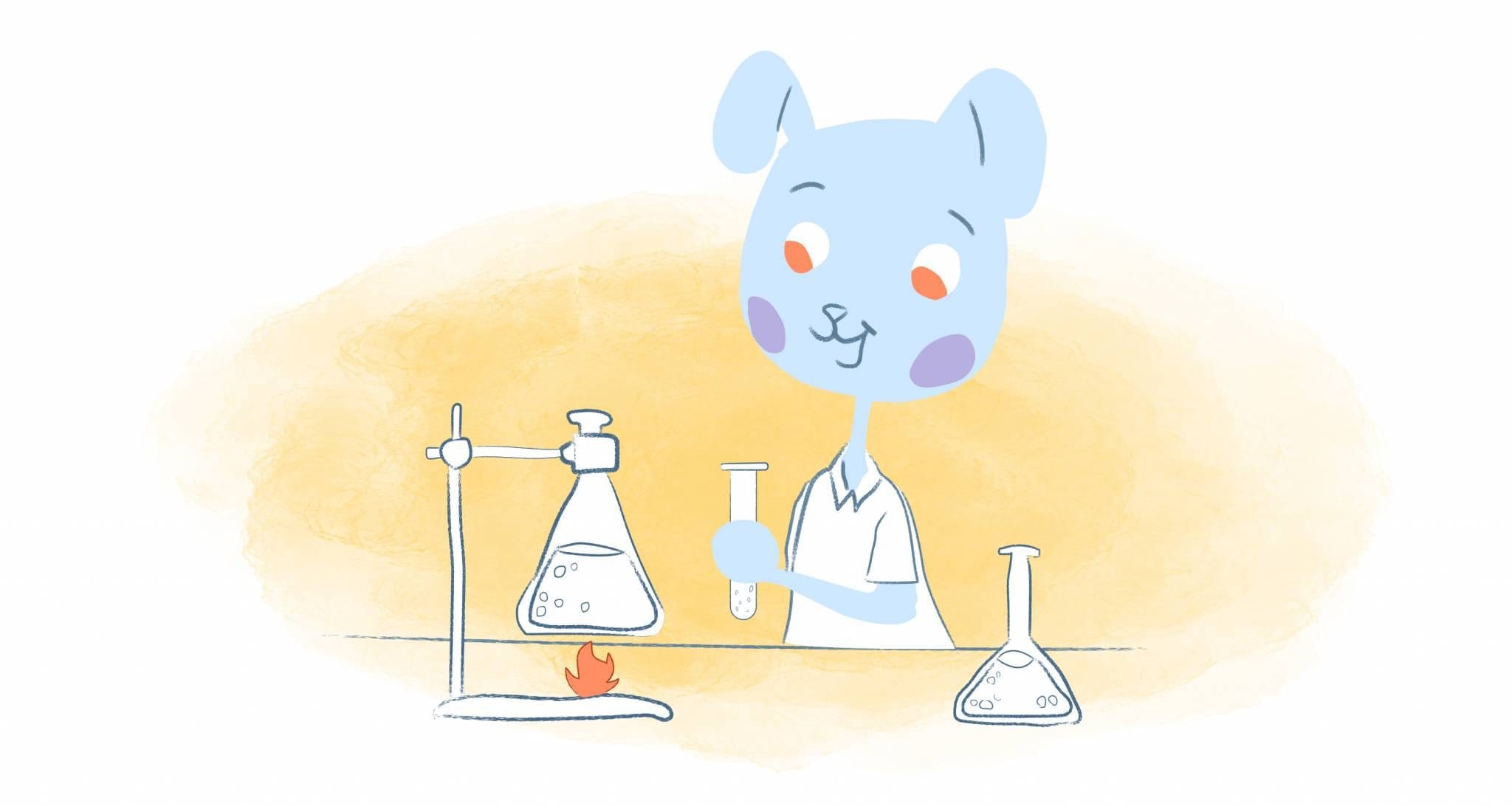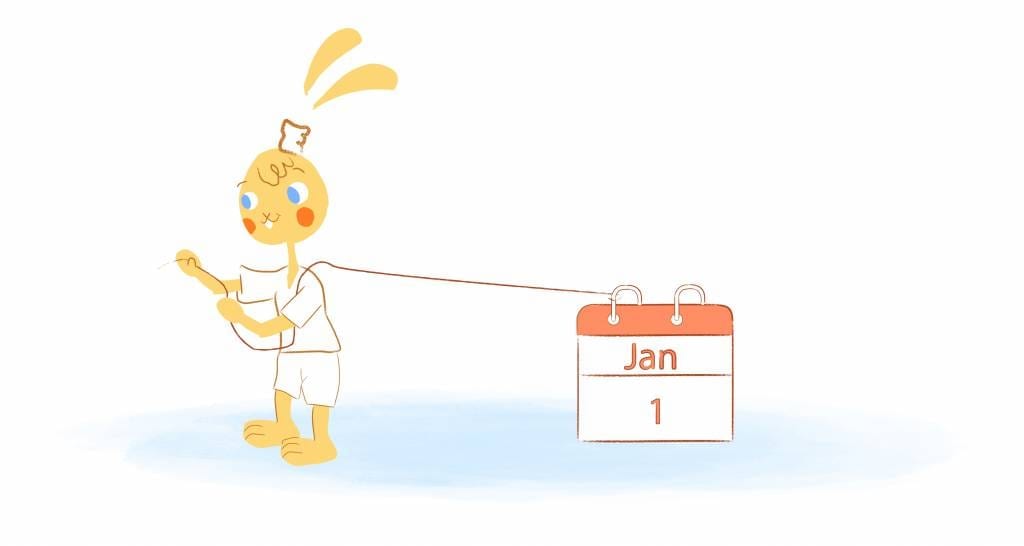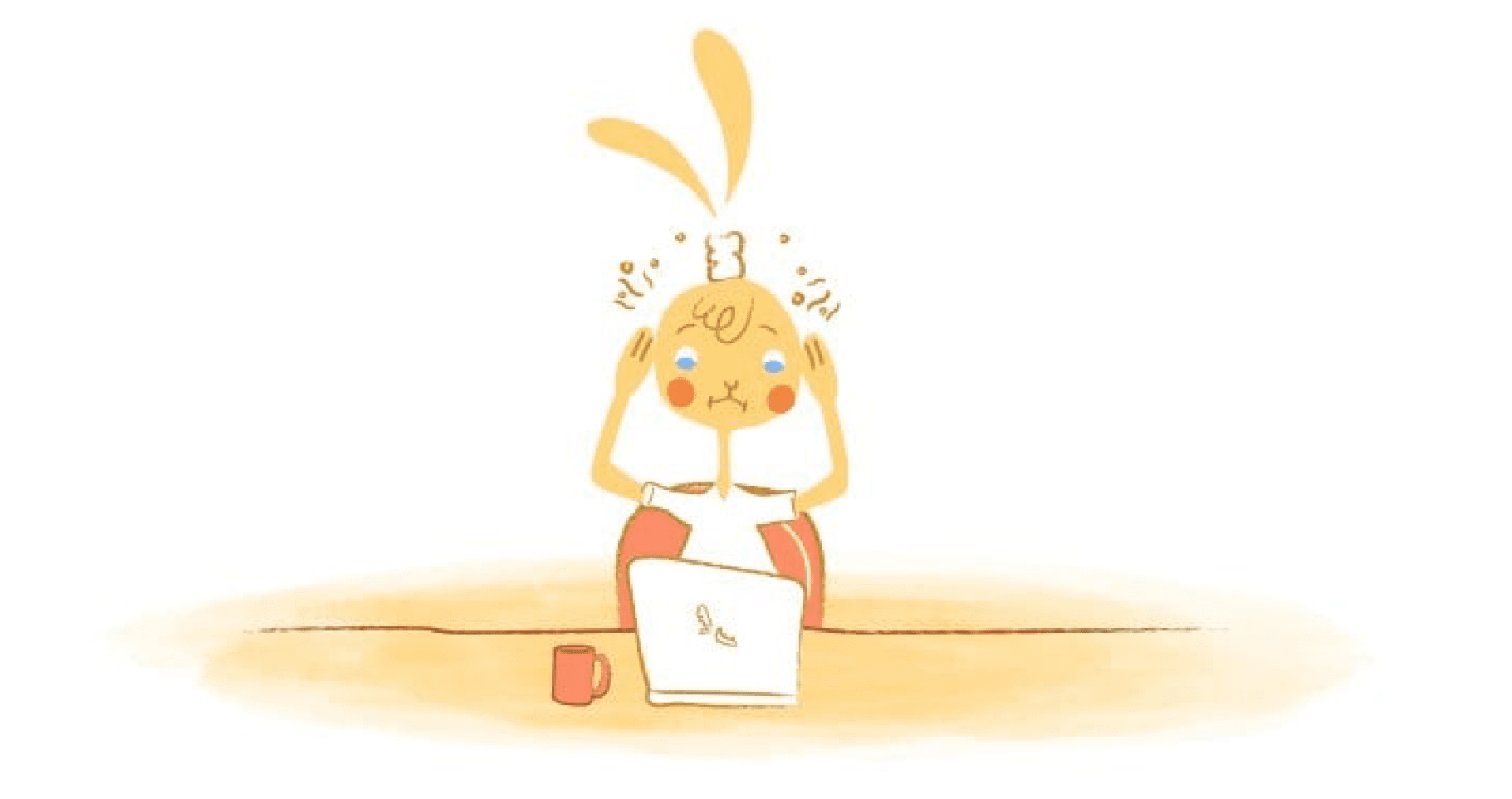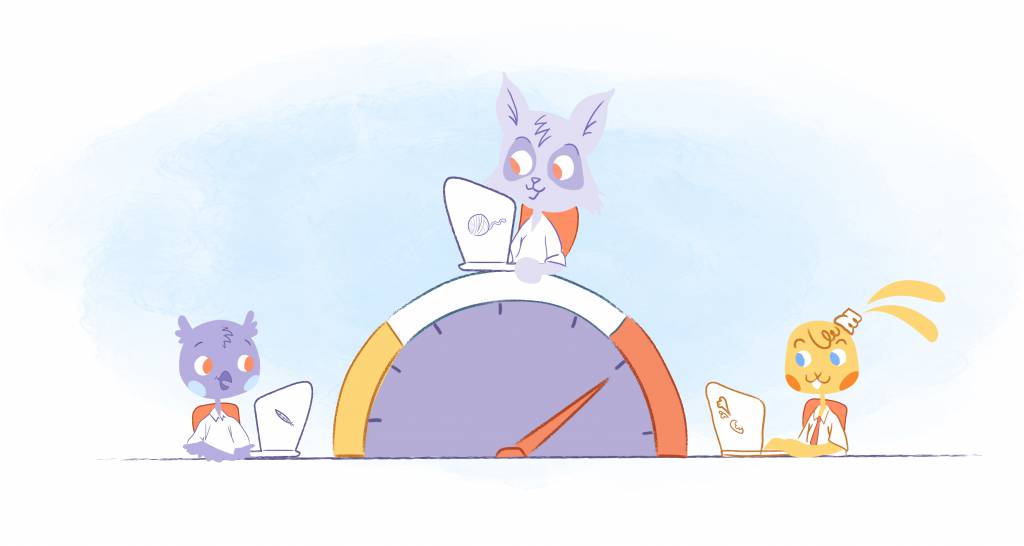

PIzza. It’s my favorite food. Of course, I try to limit my pizza intake. But, still. It’s my go-to comfort food. So, suffice to say, I’m pretty stoked about a new pizzeria opening up nearby. Here is how to diversity your life for higher achievement.
What does achievement have to with diversification? Well, during my adventures in pizza-eating, I’ve noticed that each shop has its own specialties. Some are known for making a mouthwatering brick-over pie, while others excel at a traditional cheese. And, then, there are the places that are known for their homemade mozzarella sticks of wings.
Like diversifying your income, by having more pizzerias around me, I have more options. If one place is closed, I can go to the next one. If I’m craving a specific side, then I’ll order from the location that makes the best possible option. And, it also changes up my routine.
I’m not hating on routines. No question, routines definitely serve a purpose — mainly providing comfort and structure. As a result, they can reduce decision fatigue and stress. But, eventually, they get stale.
Going back to pizza — sorry if I’m making you hungry. Let’s say that every Friday night is pizza night with your friends or family. You instinctively order the same thing from the same place every week. Boring, right?
Even worse, what if that pizzeria is closed — either permanently or because the owner is on vacation. That can throw you through a loop. And, maybe you are depriving yourself of a better pie.
The point is, the more pizzerias around, the better. Each one serves a different purpose and satisfies whatever your appetite currently desires. And, the same is true with your life when you diversify your life.
Whether you want to call it diversification, getting out of your comfort zone, expanding your horizons, or shaking things up, here are some of the benefits of variety.
Prevents you from getting in a rut.
As I’ve already mentioned, doing the same thing gets dull. It’s also a surefire way to get yourself into a slump that you’ll need to kick out of. That’s why you should mix things up.
Take Betty Liu, the Chief Experience Officer at Intercontinental Exchange, as an example. She takes a different route each day between her home in New Jersey and Manhatten.
“I make sure to vary it up as much as possible. You will not see my day in and day out take the same train every morning for 20 years,” Liu told Business Insider. “I would drive myself nuts if I always took the same route every day.”
Liu adds that this is a reminder “not to get too ingrained in ‘habit.'” It’s something she learned while traveling the world.
“You go somewhere completely foreign and different, and your mind is blown, and you grow so much,” Liu said. “That’s just something I try to preserve, but daily.”
“It’s the idea that change is OK, and change helps you grow,” she continued. “It’s easy to continue to do the same thing over and over again and get in a rut. Seeing different faces and being in a different place gives you a different perspective.”
Rewires your brain — Increased focus and memory.
There are also some scientific reasons for shaking up your routine. Most notably, it has the power to rewire your brain.
For starters, it can increase focus. “Neuroscientists have found that our brains are constantly seeking novelty, and will become distracted easily in search of the bright new shiny thing,” says Brigid Schulte, author of Overwhelmed: How to Work, Love and Play When No One Has the Time.
As Kat Boogard explains over at Wrike, this means that’s why shaking up your routine is beneficial. “It creates the novelty that your brain is always seeking, thus increasing your engagement with and your focus on the task at hand.”
Additionally, it can also improve your memory. “When we change locations—work in a different spot, take a walk at lunch, mix up the commute—that stimulates our hippocampus, where we store long-term memories,” explains Schulte. “So, we’ll also remember our lives more with greater emotional depth and connection.”
And, as if that weren’t enough, it can also stimulate creativity.
“When you’re willing to step away from those standard workflows, you’re exercising your brain’s neuroplasticity,” adds Boogard. “That big, fancy word essentially means that you’re improving your brain’s ability to connect the dots between different thoughts—thus increasing your creativity and problem-solving abilities.”
Boosts productivity.
We’re all looking for ways to become more productive. But, getting too comfortable kills productivity. The reason? It slams the brakes on drive and ambition.
When “you choose to leave your comfort zone, you form direct friction with life, go towards the pursuit of your dreams, and in short – really start living,” writes Ran Zilca in Psychology Today. Or, in other words, “Pushing your personal boundaries can help you hit your stride sooner, get more done, and find smarter ways to work.”
Fear will cease.
“In most cases, fear is the one thing that keeps us from trying new things,” writes Larry Alton in a HuffPost piece. “We’re afraid of the investment, consequences, and worst-case scenarios. What if I don’t like it?”
“Some level of fear is always present when trying something new, but you’ll soon realize that your mind exaggerates things,” adds Alton. “Eventually, once you make it a priority to try new things, fear will cease to be a crippling factor in your life.” You’ll view “it as a minor speed bump that stands between you and some new experience.”
Easier to deal with the unexpected.
I have a friend who you would say is a creature of habit. He needs structure every day. If not? He freaks out and gets overwhelmed.
I’m not trying to talk poorly of him. He’s one of my best friends. And, I can empathize with him. When plans don’t go according to plan, it can be stressful and frightening. But, if there’s one thing I’ve learned in life, it’s that plans never go as planned — no matter how hard you try.
Stepping outside of your comfort forces you to get uncomfortable. They also challenge you. And, most importantly, they push into adapting to the situation. So, the next time the unexpected happens, you’ve trained yourself into learning how to adjust to the situation.
Why else should you diversify your life?
Still not sold on diversification? Well, here are three other reasons why you should reconsider.
- It allows you to re-evaluate. Changing things up gives you time and space to re-evaluate what is and isn’t working for you. It also helps you identify the things that are “pushing you toward your goals, and what are you doing for the sake of doing it?” And, it can even assist you in determining the areas you need to improve.
- You’ll be more marketable. Diversifying allows you to develop new skills and talents that set you apart from others.
- Over time, it will be easier to do something new. With practice, you’ll get accustomed to the anxiety and being uncomfortable. As a result, getting out of your comfort zone won’t be such a big deal going forward.
Simple ways that you can diversify your life.
Despite the benefits, stepping outside of your comfort zone can be unnerving. I would say this is particularly true if you live by your calendar. The good news is that you don’t need to turn your routine upside down completely. You can take baby steps to help you diversify your life.
The first place to start is to do something new every day. It doesn’t have to be much. For example, change up a small part of your routine.
Take a different commute to work like Betty Liu. Try a new restaurant for lunch. Meet someone new. Switch up your exercise regiment. Pick up a new hobby. Vary your reading list. Visit a new part of town. Rearrange your office. Be prolific. Or, diversify your ideas by listing everything that you can do and mate them with what interests you.
And, to ease the pain, schedule out your days by creating theme days. Jack Dorsey is a proponent of this. And, it’s been compelling enough where he’s able to work 8-hour days at both Twitter and Square.
Here’s how Jack accomplishes, such as feat.
“So on Monday at both companies, I focus on management and running the company which is — we have our directional meeting at Square, and we have our OpCom meeting at Twitter. I do all my management one-on-ones on that day,” he explains.
“Tuesday is focused on the product. Wednesday is focused on marketing and communications and growth. Thursday is focused on developers and partnerships, and Friday is focused on the company and the culture and recruiting.”
What about the weekends? On Saturdays, he unplugs and goes hiking. As for Sunday, he uses that day to reflect and plan for the upcoming week.
Creating theme days keeps Dorsey focused and provides some routine. At the same time, it also changes each day up.











Albert Costill
My name is Albert Costill and I'm a content marketer at Calendar. If I can help people become more productive in my journey, even better. If you ever have a question about your Calendar or how you can use it - - don't hesitate to reach out. I'm a Calendar Pro.